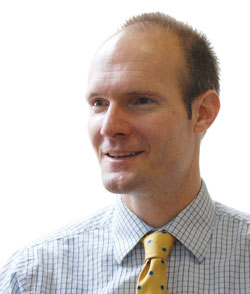It’s hard to boil down research findings into pithy soundbites and slap them on bumper stickers. And the science isn’t good TV — unless, I’m often told, I can accomplish the understandably difficult task of rounding up teens and parents who are wiling to share details about their struggles with addiction and the horrible ways it has affected their lives. And no, research budgets don’t often include line items for marketing plans, targeted advertising campaigns, website production and social media management.
As a result, the disconnection between what science knows and what the public believes about substance use and abuse persists — especially where marijuana is concerned.
So, I’m grateful to have received a call recently from Mark Couch, a spokesman for the University of Colorado Denver School of Medicine. That interview is featured in this month’s edition of the medical school’s magazine. I hope you’ll read it in its entirety.
Among my major points:
– Big Marijuana — just as Big Tobacco and Big Alcohol before it — knows what I do: it derives the vast majority of its profits from its heaviest users. And its heaviest users typically were won over for life before the age of 25 — about the time the brain is fully developed. If these industries want to make money, they must sell to youth — and to adults who divert the substance to youth.
– Too many people 18 and older are irresponsible with substances. They divert them to youth. My own research (read more here and here) found that nearly three of every four teens in active substance abuse treatment were using somebody else’s medical marijuana. So were one in five teens in primary care. They, too, reported using medical marijuana diverted through someone 18 or older.
Decriminalization of marijuana use can be a good thing — although I do believe firmly that people should be appropriately punished for crimes they commit while under the drug’s influence. There is a very big difference between decriminalization and legalization. With the latter comes commercialization — and with commercialization comes social acceptance.
That brings me full circle: it’s time to commercialize drug-use prevention.



We welcome all thoughtful comments, but please abide by our commenting rules